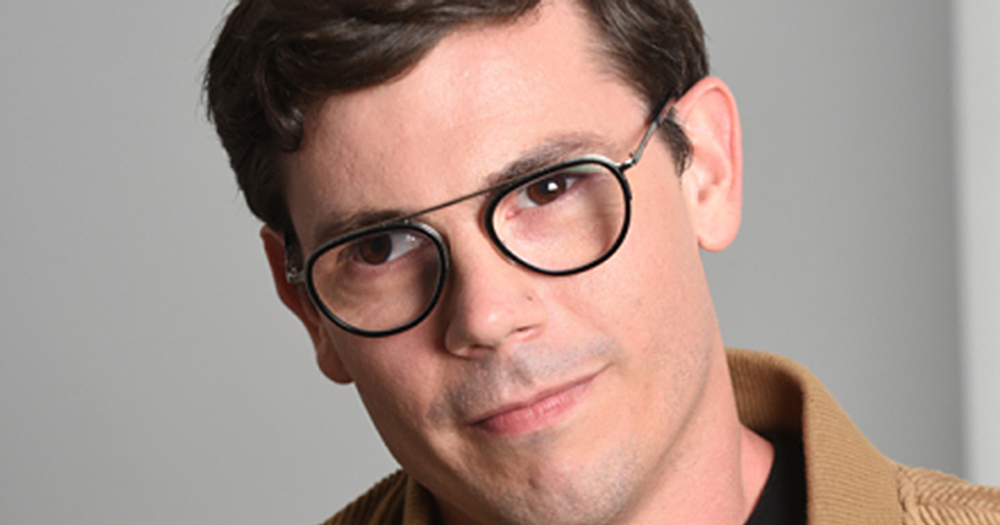Ryan O’Connell’s Netflix show Special, due to premiere in less than a month, will bring a gay, disabled male character to TV screens for the first time ever.
Prior to the development of this groundbreaking series, O’Connell’s career was already going from strength to strength. He has written a movie for DreamWorks, and just finished work as executive story editor for Will & Grace.
He had no intention of starring in his new show but found himself driven to take on the role because he wanted Special to feature a lead actor who was gay and disabled in real life. “The world is not exactly swimming with gay 20-something actors who have mild cerebral palsy,” he said in an interview with Queerty. “I was considering waiting outside physical therapy places all across LA with a net and forcing people to audition, but my producers told me kidnapping was not the look, so I guess it had to be me!”
The Netflix show was officially greenlit in March 2018. Based on O’Connell’s 2015 memoir I’m Special: And Other Lies We Tell Ourselves, it follows a gay man with cerebral palsy who is hit by a car and realizes he can now pass as an accident victim.
Readers of the memoir will recognise parallels between O’Connell’s own life and that of his character, but he is keen to emphasise that they are not one and the same person.
“The journey Ryan goes on in Special is different than the journey I went on,” he says. “I mean, the emotions and themes are autobiographical. It’s all about how hard it is to run from who you really are, especially if you have a limp. But the actual things I’m portraying didn’t always happen to me.”
O’Connell’s journey to get the show on the air has not been easy. “I always say that this show was limping its way to the finish line,” he says. “We first went out with it and cable networks were like, ‘Gay? Cerebral Palsy? Love, but no.’”
Part of the problem, he thinks, may have been a belief that a show about a gay, disabled man would be a niche interest, holding no appeal for mainstream audiences. “I think the fear many have is that a show about a gay disabled person will only be relatable to people who are gay and disabled but that’s bullshit,” he explains. “The personal is universal. You find shared experiences through specificity.”
O’Connell credits the book and Netflix show with helping him to tackle his own internalised ableism. “I don’t think I even said the words ‘cerebral palsy’ out loud until my book came out. Now it’s my most used phrase next to ‘penis’ and ‘$80 candle,” he jokes. “Considering I didn’t even tell people I had cerebral palsy until I was 28 and, now, three years later, I’m doing a show about it, I’d say I have come a long way.”
He believes the show, the first of its kind, could have a life-changing impact on young LGBT+ people living with disabilities. “Growing up, if I had seen a gay guy on TV or in movies who reminded me of myself, it would have probably altered the course of my life forever,” he says. “I know that sounds dramatic, but when you’re young and you feel like a freak for being who you are, not seeing yourself being reflected back at you basically confirms that. It tells you, implicitly, that you don’t matter.”
© 2019 GCN (Gay Community News). All rights reserved.
Support GCN
GCN is a free, vital resource for Ireland’s LGBTQ+ community since 1988.
GCN is a trading name of National LGBT Federation CLG, a registered charity - Charity Number: 20034580.
GCN relies on the generous support of the community and allies to sustain the crucial work that we do. Producing GCN is costly, and, in an industry which has been hugely impacted by rising costs, we need your support to help sustain and grow this vital resource.
Supporting GCN for as little as €1.99 per month will help us continue our work as Ireland’s free, independent LGBTQ+ media.
